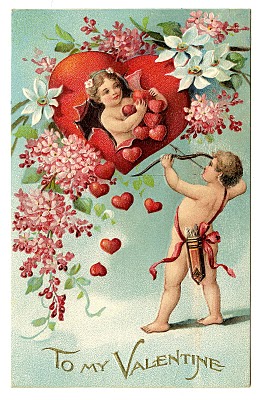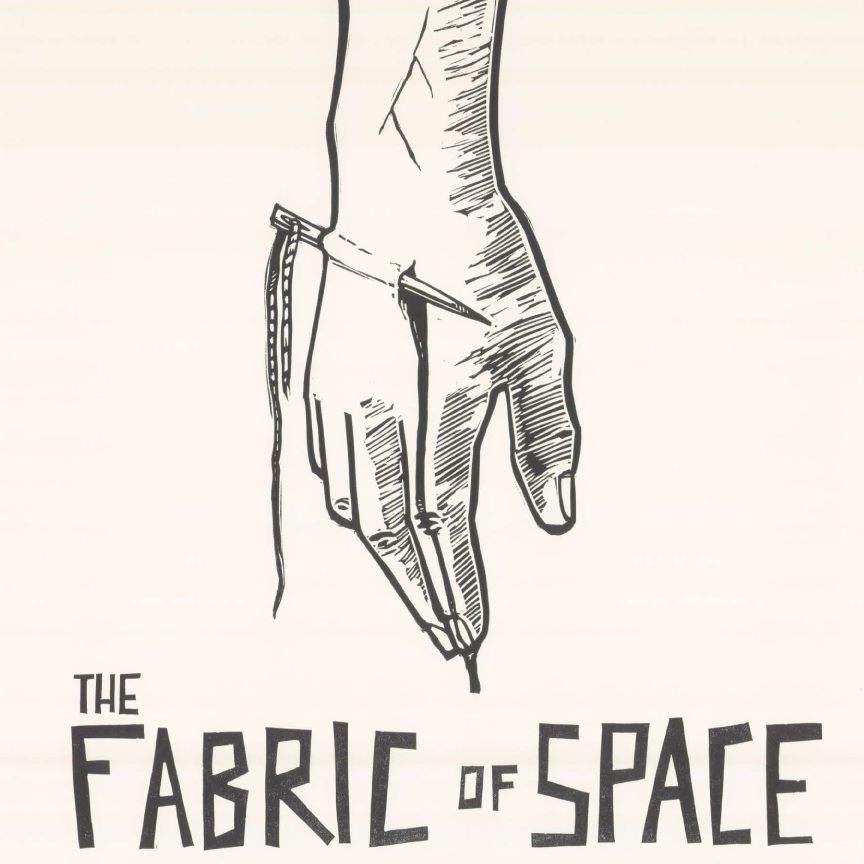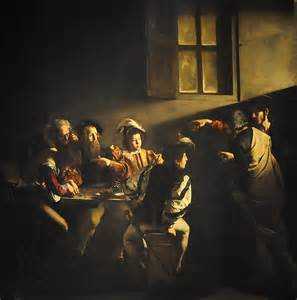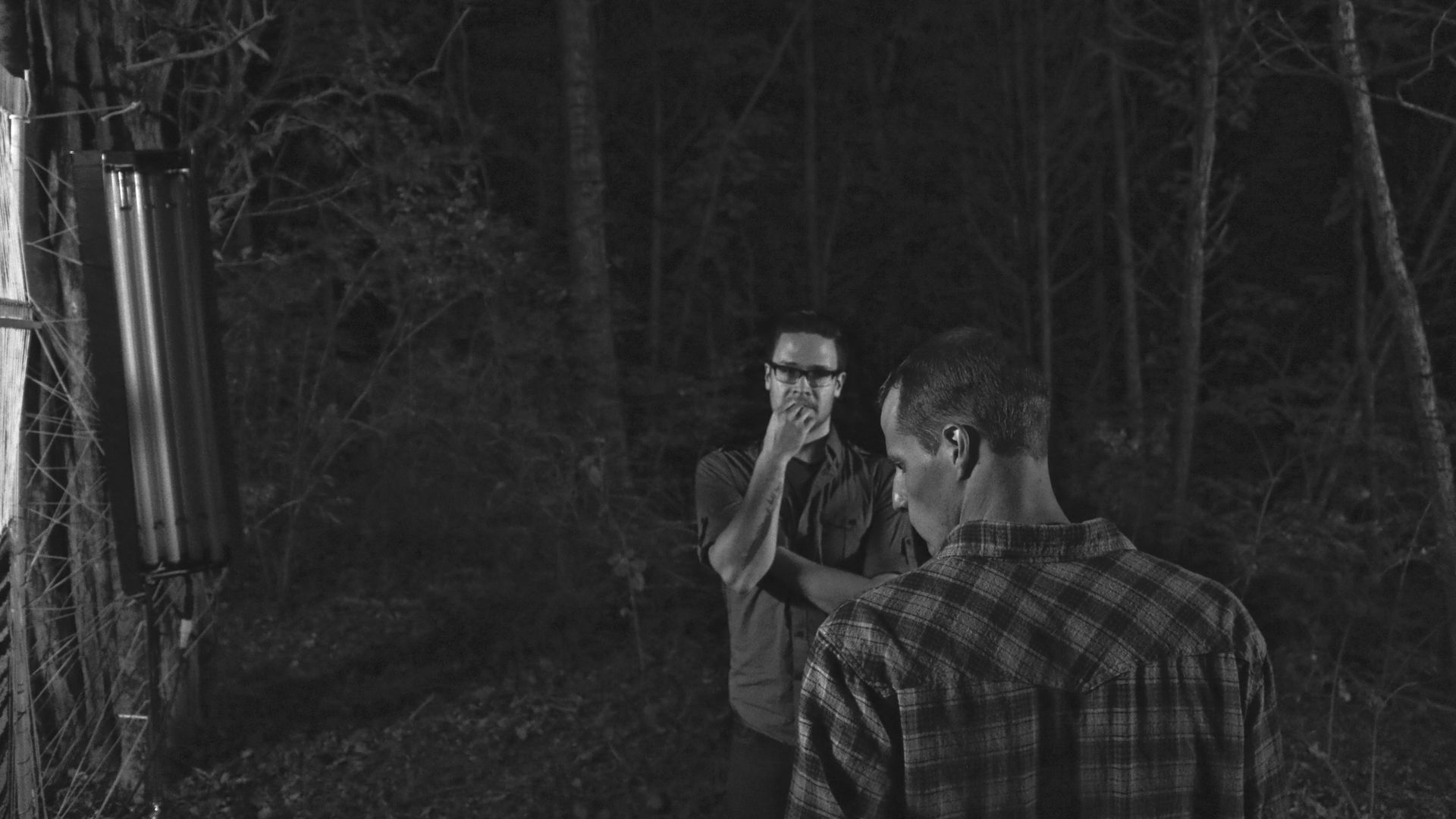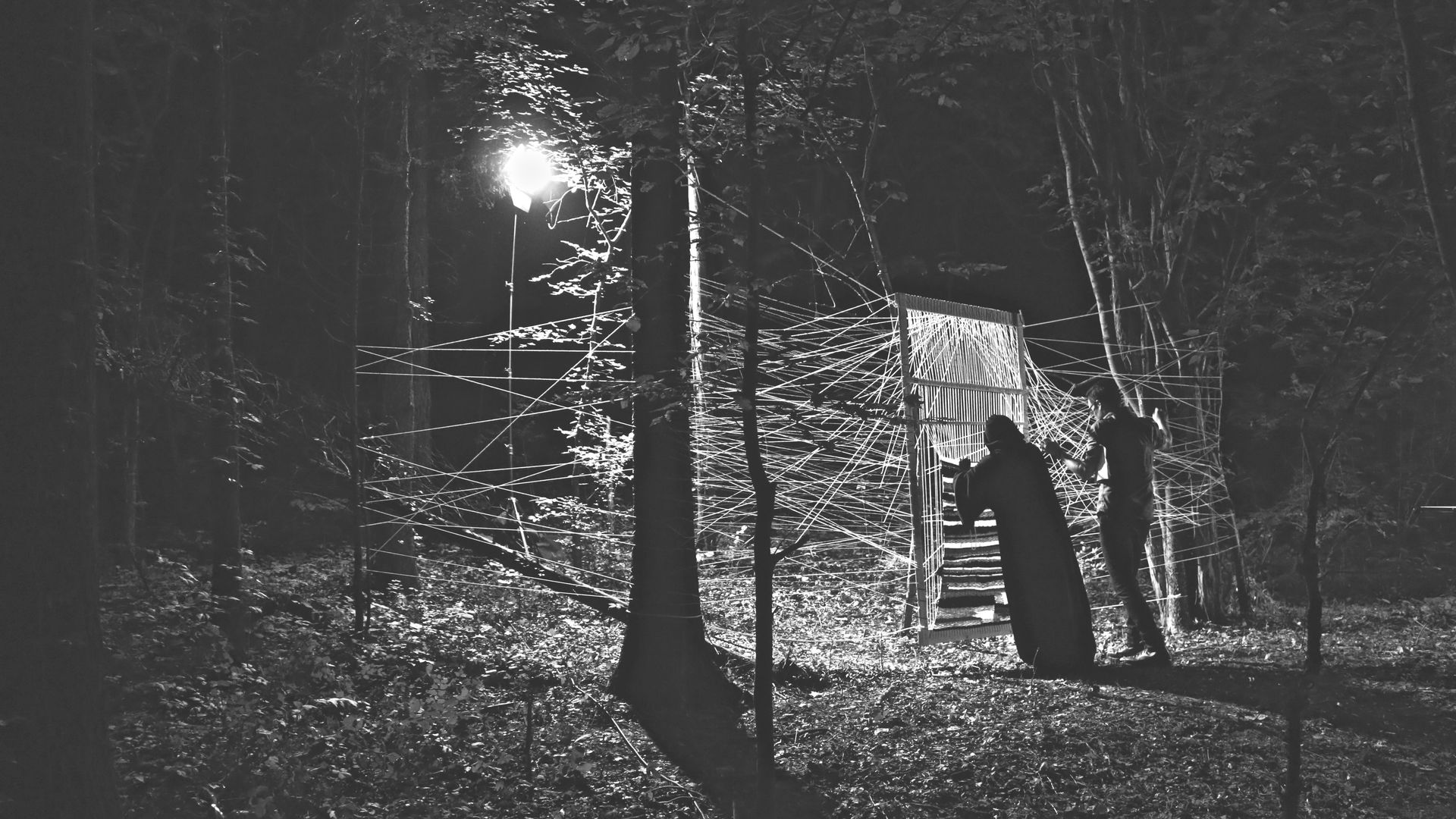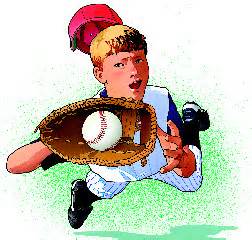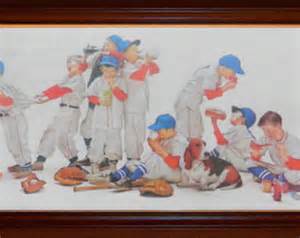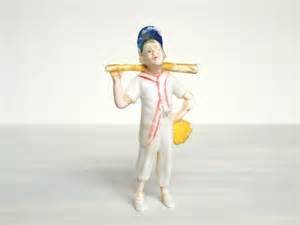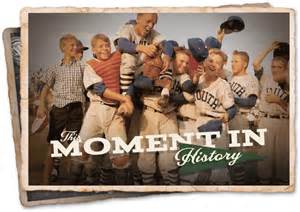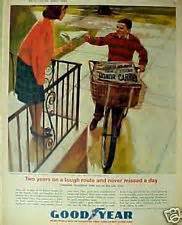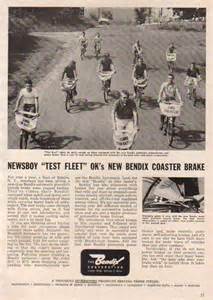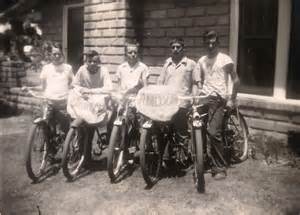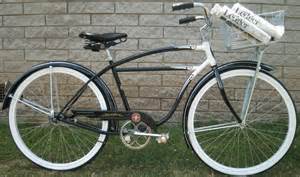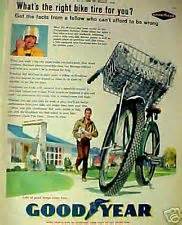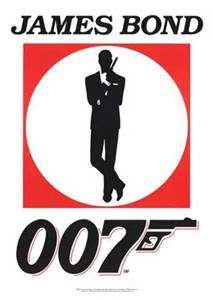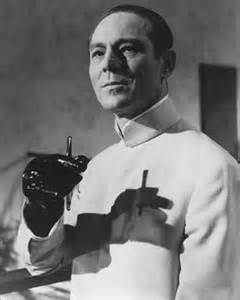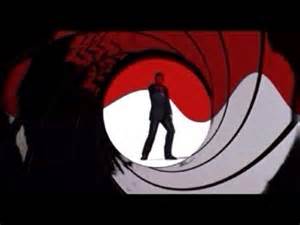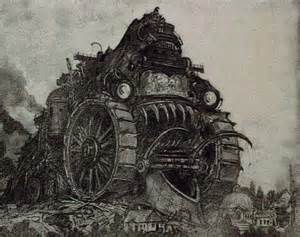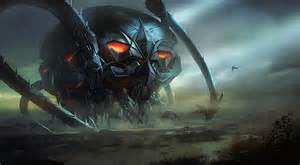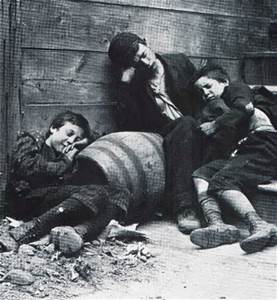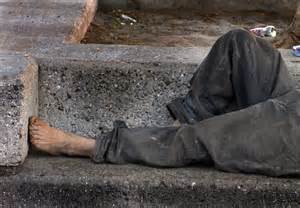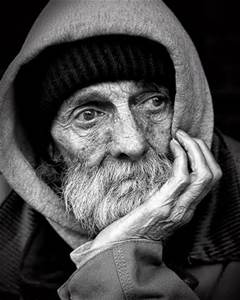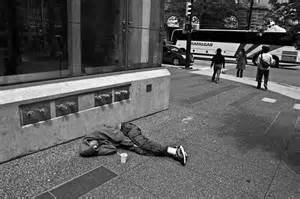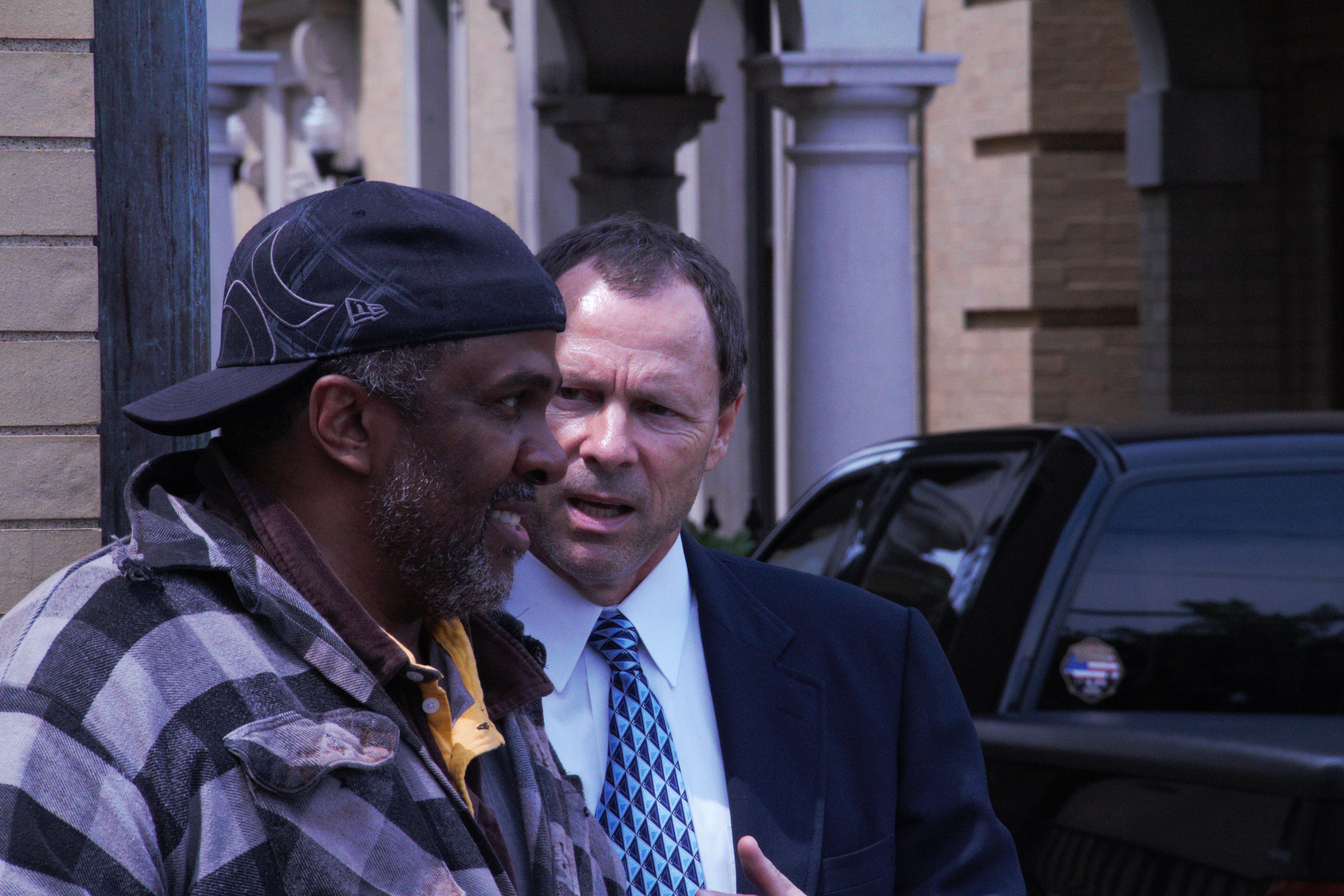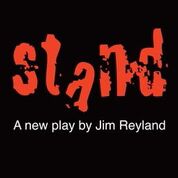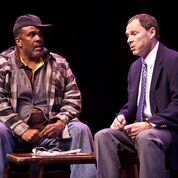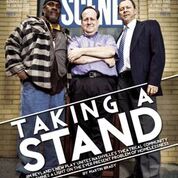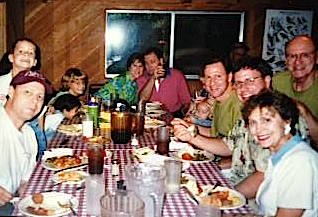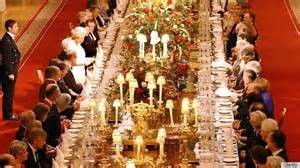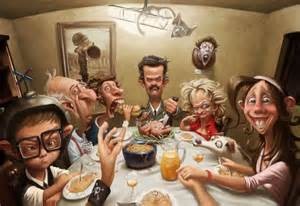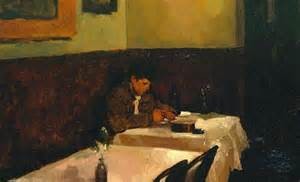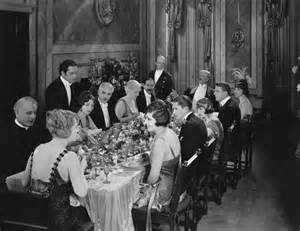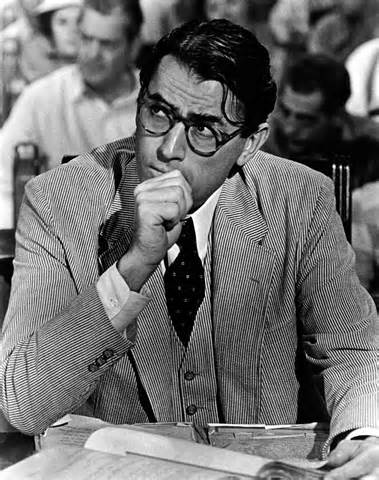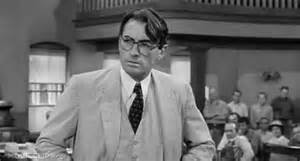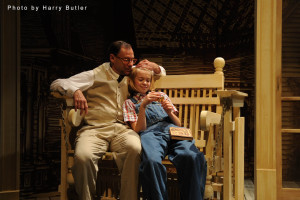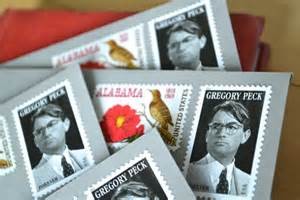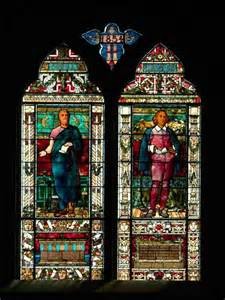Strange Bedfellows
In the spirit of the Valentine season when warm and amorous feelings are expressed to our significant others, I thought I would write about the one who caught my eye several decades ago. So with Shakespeare’s admonition, 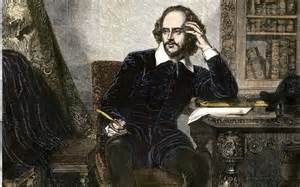 “Never durst poet touch a pen to write / Until his ink were temper’d with Love’s sighs,” in mind, I will venture a few thoughts on being a victim of Cupid’s arrow.
“Never durst poet touch a pen to write / Until his ink were temper’d with Love’s sighs,” in mind, I will venture a few thoughts on being a victim of Cupid’s arrow.
Kay and I could not be more opposite: farm girl vs. city boy; introvert vs. extrovert; psychology counselor vs. actor & writer; serene and contemplative vs. sarcastic and cranky; Jedi Master Yoda vs. know-it-all Han Solo. Early in our courtship, Kay was warned more than once not to get involved with me. A well-meaning church-lady even said of our courtship and prospective marriage that, “it would never work out.” It is certainly within the realm of possibility that such extreme personalities could be attracted to each other. There was and is and always will be our physical attraction to one another—we still like to flirt and tease—but along the journey of almost thirty-seven years of marriage to date (May 12, 1979 to be exact), we have taken the risks and opportunities to go beyond the physical and expand the depths of our human connection with one another, a special challenge when the two personalities involved in this quest are polar opposites with “irreconcilable differences.”
 A few years ago in Philadelphia while having breakfast around a large table in a house shared by seven, twenty-something, single women, one of whom was our youngest daughter, Lauren, one of the young ladies asked, “How did you two get together and how have you stayed together?” The Questioner had appraised Kay and me after only a brief time of observation and so posed the question in amazement that we should have first, been attracted to each other, and second, that the marriage had lasted so long. We began the conversation by referencing the “Star Wars” analogy to illustrate our opposite personalities: Kay, the supremely composed Yoda calmly appraising situations and dispensing wise solutions, and I, Han Solo, who happens upon a discarded lightsaber, picks up the curious object and bangs it on a rock shouting, “How does this thing work?” to which Kay
A few years ago in Philadelphia while having breakfast around a large table in a house shared by seven, twenty-something, single women, one of whom was our youngest daughter, Lauren, one of the young ladies asked, “How did you two get together and how have you stayed together?” The Questioner had appraised Kay and me after only a brief time of observation and so posed the question in amazement that we should have first, been attracted to each other, and second, that the marriage had lasted so long. We began the conversation by referencing the “Star Wars” analogy to illustrate our opposite personalities: Kay, the supremely composed Yoda calmly appraising situations and dispensing wise solutions, and I, Han Solo, who happens upon a discarded lightsaber, picks up the curious object and bangs it on a rock shouting, “How does this thing work?” to which Kay  responds with, “Just push the ‘on’ button,” then rolls her eyes in dismay. From that jumping off point the collected memories of our courtship and life together began to flow uninterrupted throughout the morning, soaked with laughter and tears, and ended well into the afternoon.
responds with, “Just push the ‘on’ button,” then rolls her eyes in dismay. From that jumping off point the collected memories of our courtship and life together began to flow uninterrupted throughout the morning, soaked with laughter and tears, and ended well into the afternoon.
Strange Bedfellows is certainly a catchy phrase. Like politics, for which the phrase was originally coined, marriage can make strange bedfellows. It was Charles Dudley Warner, the 19th century American writer and contemporary of Samuel Clemens (they co-authored The Gilded Age, a novel that satirizes greed and political corruption in post-Civil War America), who created the original phrase: “Politics makes strange bedfellows.” The truism “strange bedfellows” has a universal meaning that can apply to any human institution or situation. Whenever two or three are gathered together, somebody will be strange.
Homo sapiens are strange. We have this propensity to blunder and ruin our own interests, yet in spite of the folly we inflict on ourselves and on each other in our weaker moments, most of us have this deep desire to be in a rewarding relationship, awkward and hurtful as it may be at times. This is more than just the biological human instinct for self-preservation and propagation of the species. In the creation stories found in Genesis, we read that the gainful employment of naming exotic animals in an idyllic, unspoiled environment evidently did not provide enough personal fulfillment for a single human.
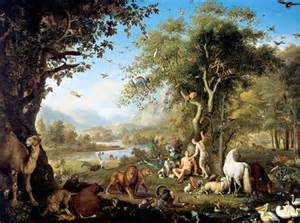
Creative Artist that God is, there was an evolving process in the acts of creation, and after a bit of minor surgery, viola, a second human was formed. Those two humans fashioned as a complete reflection of the imagination of God’s personality “became one flesh…naked and unashamed.” That astounding concept of human union goes much deeper than a need for the genus to survive. Personal relationships offer potential for great joy deepening the mystery of our individual connections with meaning and pleasure, but too often we clothe ourselves in protective layers to avoid vulnerability and shame.
When “iron sharpens iron” in the dynamics between two people, there are the inevitable sparks, sometimes sparks of romantic passion, sometimes sparks that can leave a painful mark. The potential for carnage and/or exquisite joy is always there. Lest you be deceived, Kay and I have experienced both extremes and everything in between in the iron-sharpening business. As Sir Alan Patrick Herbert, a 20th century English writer commenting on his own marriage at the time, said, “The conception of two people living together for twenty-five years without having a cross word suggests a lack of spirit only to be admired in sheep.” The reality of our living together for so long dredges up some unpleasant aspects of our opposite personalities, things we choose to overlook in each other after decades of marriage. That is a sobering and disturbing reality, but like a good play, love and marriage is a mixture of comedy and drama, of passion and pain. As Romeo opines on love, it is, “…a madness most discreet / A choking gall and a preserving sweet.”
The truth is Kay and I were and are two lost souls who found redemption in our faith and lives shared. There are no perfect or clean solutions to our two lives intersecting only an honest stab at survival…and survive we did…and do. Like a Timex watch, our marriage happily keeps on ticking; a miracle, Kay is quick to point out. We are opposites in so many ways. Those ways will probably never change; they certainly have not to date. We are almost predictable in our responses, reactions, and behaviors.
Some relationships may be analogous to young children…it is very hard for them to share. In healthy relationships, one hopes to learn to share, to tag-team in a natural and complimentary partnership. Statistics show that “Sixty percent of arguments are irresolvable. It is the way couples handle the disagreement that makes the difference in a healthy and an unhealthy relationship.”
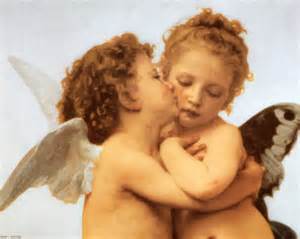
We described Kay as Yoda and me as Han Solo to those around the table that day as a modern cultural reference for shedding light on our differences. Truth be told, Kay has wondered, at times, if she might have married Darth Vader. But she admits to falling in love with Han, and obviously, I fell in love with Yoda. There is steadfastness in both characters: Solo never gave up on the mission no matter how many times his decisions and actions got him into trouble. Likewise, Yoda was a calm, stabilizing force in the midst of turmoil. Both showed up to lend their particular skills to fight for the cause; the cause of honoring a committed relationship, and protecting each other at all costs against the forces of darkness.
Since I like stories, later this month I’ll write the story of how our courtship began (with Kay’s input, of course), that epitomizes our oppositeness. Here is a teaser: A single’s group playing broom hockey on a frozen pond. Stay tuned.

